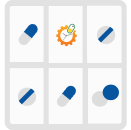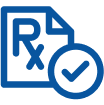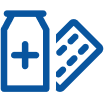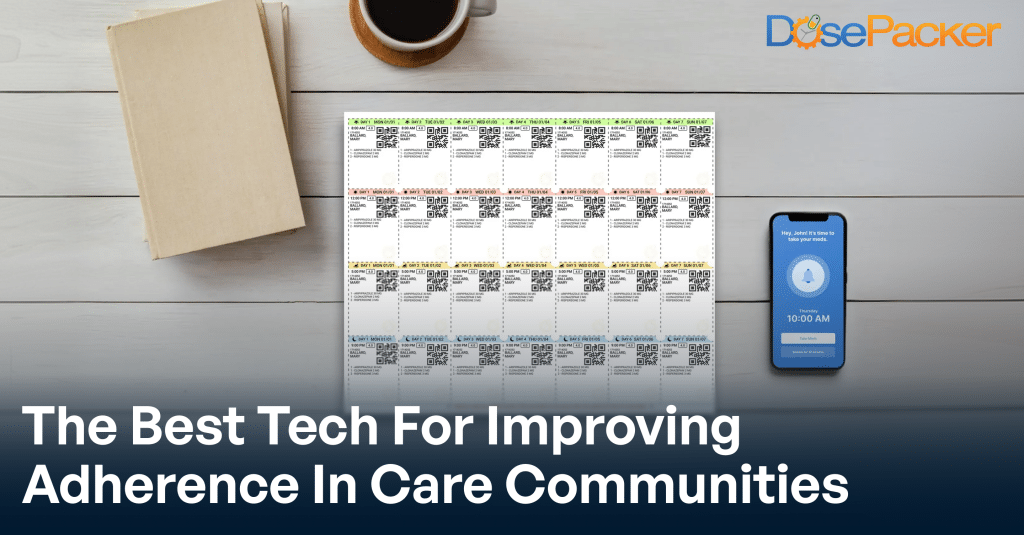Unlock the latest in medication management technology and grow your care community with us.
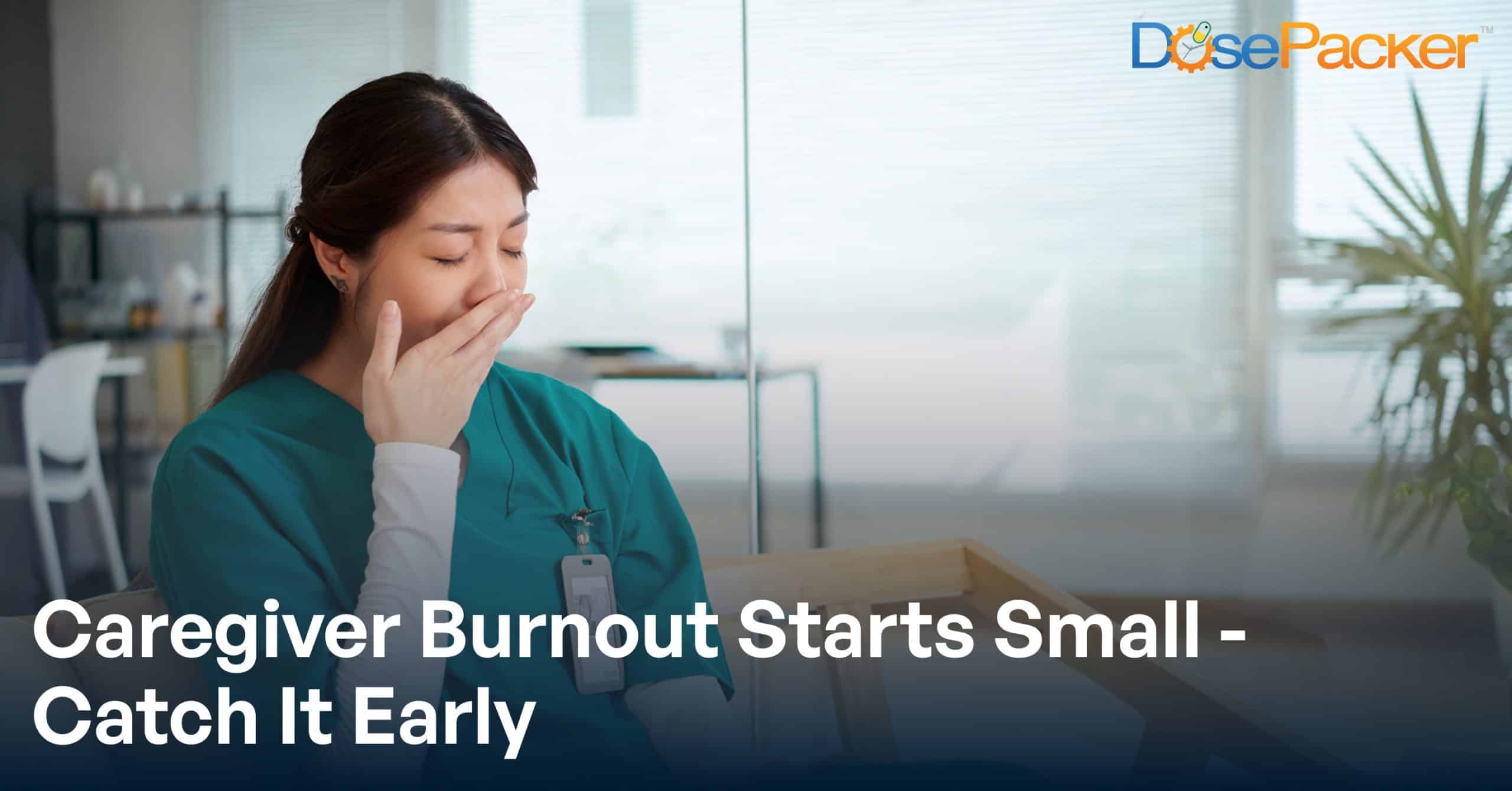
Caring for others can be one of the most rewarding things you do, but it can also be an easy path to exhaustion. According to the Centers for Disease Control and Prevention (CDC), one in five U.S. adults provides care to family members with chronic health conditions or disability, and over half of them are experiencing mental health symptoms, including anxiety and depression, a sign of just how common caregiver burnout is.
Caregiver burnout isn’t just feeling tired. It’s a state of physical, emotional, and mental exhaustion that builds up over time. You may feel like you’re constantly on the edge, drained before the day begins, or even guilty for needing a break. If you’ve ever thought, “I don’t have to take care of myself,” you’re not alone. That’s exactly why this conversation matters.
At DosePacker, we understand the emotional and physical toll caregiving can take and we are committed to helping those who support others. Together, let’s walk through the warning signs of caregiver burnout, explore practical ways to care for yourself, and discover how tools like our medication management solutions can help alleviate the load.
Make Your Caregiving Journey a Little Easier
Understanding Caregiver Burnout: When Helping Hurts
If caring for someone has left you feeling constantly drained, on edge, or emotionally exhausted, you may be experiencing caregiver burnout, a deeper, more persistent exhaustion that results from consistently caring for others.
What Causes It?
Caregiver burnout often stems from doing too much for too long. Common causes include:
- Lack of rest or time for yourself
- Emotional stress from watching a loved one struggle
- Managing complex care routines and medications
- Feeling like you can’t ask for help
Who’s at Risk?
Burnout can affect anyone in a caregiving role, such as:
- Family caregivers of aging parents or sick loved ones
- Professional caregivers in care communities
- Parents of children with chronic illnesses
- Adults caring for both kids and aging relatives
Recognizing these challenges is the first step toward regaining your energy, clarity, and peace of mind.
Caregiver Burnout Signs and Symptoms to Watch Out For
Signs of caregiver burnout don’t always show up all at once. It often builds slowly, making it easy to miss. But the earlier you spot the signs, the sooner you can start feeling better. Here are some common red flags to watch out for:
- Emotional Signs
- Irritability or mood swings
- Emotional exhaustion and hopelessness
- Social withdrawal from family or friends
- Physical Signs
- Persistent fatigue
- Breathing difficulties
- Headaches or body aches
- Behavioral Changes
- Missed meals and lack of self-care
- Neglect of personal health
- Loss of interest in hobbies
- Mental and Cognitive Signs
- Difficulty focusing
- Forgetfulness or brain fog
- Constant mental breakdown
Practical Self-Care Strategies for Caregivers
Whether you’re supporting residents in a senior care community or working one-on-one with patients, caregiving demands a great deal, both physically and emotionally. Learning how to prevent caregiver burnout starts with recognizing those demands and taking small, consistent steps to care for yourself.
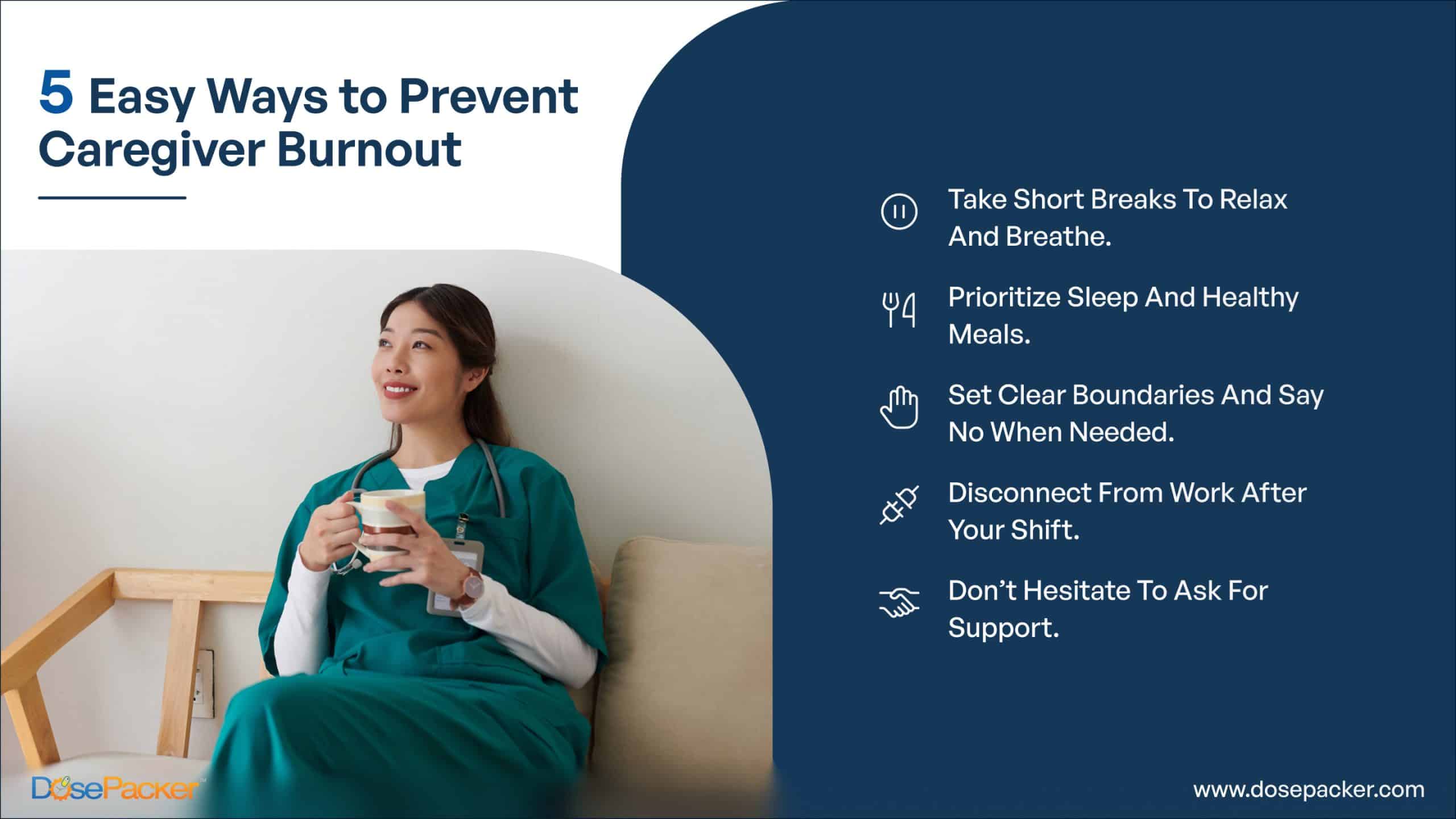
Add Micro-Habits to Your Shift
You don’t need a full day off to reset. Sometimes, a few minutes is enough.
- Take deep breaths between tasks.
- Step outside during breaks, even for a few minutes.
- Write down one positive moment from your day.
- Stretch your back and shoulders regularly.
Focus on Sleep and Nutrition
In care environments where everything is fast-paced, it’s easy to neglect the basics. Make sure to:
- Get quality rest when off-duty, even if it’s short.
- Keep easy, energizing snacks on hand.
- Stay hydrated during your shift.
Set Boundaries at Work and Home
It’s okay to protect your energy, even in a helping profession.
- Say no to extra shifts when needed.
- Speak up if your workload becomes too much.
- Unplug mentally after work when possible.
When to Ask for Help
Even with good habits in place, caregiving can sometimes feel overwhelming. If you’re constantly overwhelmed, it may be time to ask for help, and that’s not a sign of failure. It’s a way to protect yourself and those you care for.
Here are signs that it may be time to seek additional support:
- You feel emotionally or physically unsafe, either at work or at home.
- You’ve lost control over your schedule, responsibilities, or emotions.
- You’re experiencing severe sadness, anxiety, or signs of depression.
- You’re constantly on edge, angry, or detached from those around you.
Where to Turn
Support for caregiver burnout is available in many forms. Some are just a phone call or click away.
- Talk to someone you can trust: A quick check-in with a coworker, supervisor, or friend can make a big difference when you’re feeling overwhelmed.
- Connect with peer support groups: Many facilities and professional networks offer spaces where caregivers can share, vent, and feel understood.
- Explore respite care: Temporary relief services can give you time to rest and reset, without compromising the care your loved one or patient receives.
- Reach out to local agencies: Community and senior service organizations often provide caregiver-specific programs and resources.
- Seek professional help: Therapists and counselors can guide you through burnout, grief, or compassion fatigue, especially when it feels like too much to manage alone.
- Use available mental health benefits: Don’t forget to check what support your workplace or health plan may already offer.
Leveraging DosePacker Tools to Lighten the Load
Keeping track of every dose and refill in your head adds to the mental strain, and over time, that pressure can lead to caregiver burnout. You don’t have to carry it all alone. Smart tools can ease the load by organizing complex med routines for you.
That’s where DosePacker comes in, with simple, reliable solutions designed to support caregivers:
- Compliance packaging organizes meds by dose, date, and time. No more second-guessing or sorting pillboxes.
- Vial Packaging keeps medications clearly labeled and grouped for easier access and fewer mix-ups.
- MyDoses App sends medication reminders straight to your devices and helps track doses in real time.
- CareCommunityOS connects patients, families, and care teams in one secure platform, making it easier to share updates, manage care plans, and coordinate support across settings.
Caregiving will always require a heart. But the right support can help protect your mind. With DosePacker’s innovative tools and medication management solutions, caregivers spend less time worrying about what’s next and more time being present.
Don’t Let Caregiver Burnout Drain Your Team
Reclaiming Your Energy and Peace of Mind

Caregivers are the heart of every care community. But when stress builds up and support is lacking, caregiving burnout becomes inevitable, and the entire team feels the ripple effect. Preventing that means more than just acknowledging the problem; it means creating systems that help caregivers feel valued, equipped, and cared for.
At DosePacker, we understand the day-to-day challenges caregivers face. That’s why we offer tools and solutions designed to ease your workload, reduce stress, and support more efficient, coordinated care. Because when you’re taking care of yourself, you show up with more energy and heart for the people who rely on you.






